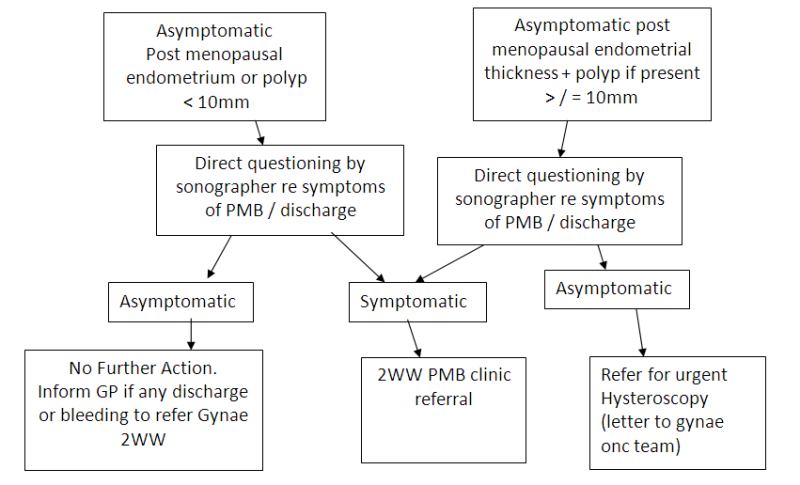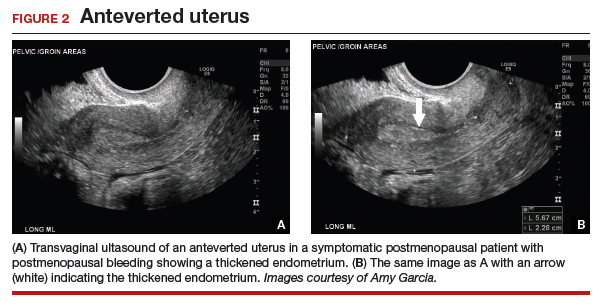Endometrium thickening may cause bleeding after menopause but even without bleeding the possibility of endometrial cancer cannot be ruled out.
Thickening of the endometrial wall after menopause.
As a result the endometrium gets thicker and can bleed.
Thickening of the uterine walls is a phenomenon experienced by some women during menopause.
Endometrial thickness must be evaluated together with endometrial morphology as well as risk factors for malignancy when considering endometrial sampling.
Endometrial cancer is a type of uterine cancer.
This condition is benign and in most cases doesn t cause any pain.
Learn the facts about this condition including symptoms stages how it s diagnosed risk factors treatments and more.
If a woman who has already gone through menopause suddenly has bleeding and an ultrasound test shows that her uterine lining is thicker than 4 to 5 mm she may need an endometrial biopsy to make.
The normal thickness of the endometrium changes throughout a person s life from childhood through to sexual maturity fertile years and after menopause.
Confirmation may be done using endometrial biopsy.
However it can go undetected and can only be diagnosed by a health professional.
Postmenopausal the thickness of the endometrium stabilizes after you reach.
Endometrial hyperplasia thickening of the uterine lining.




























